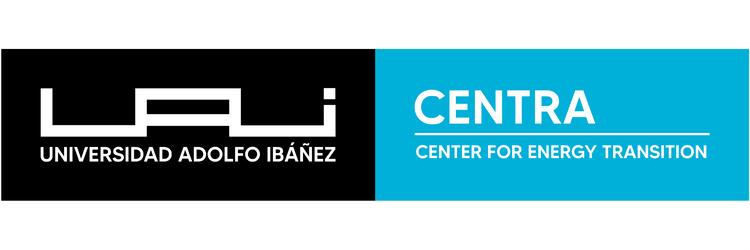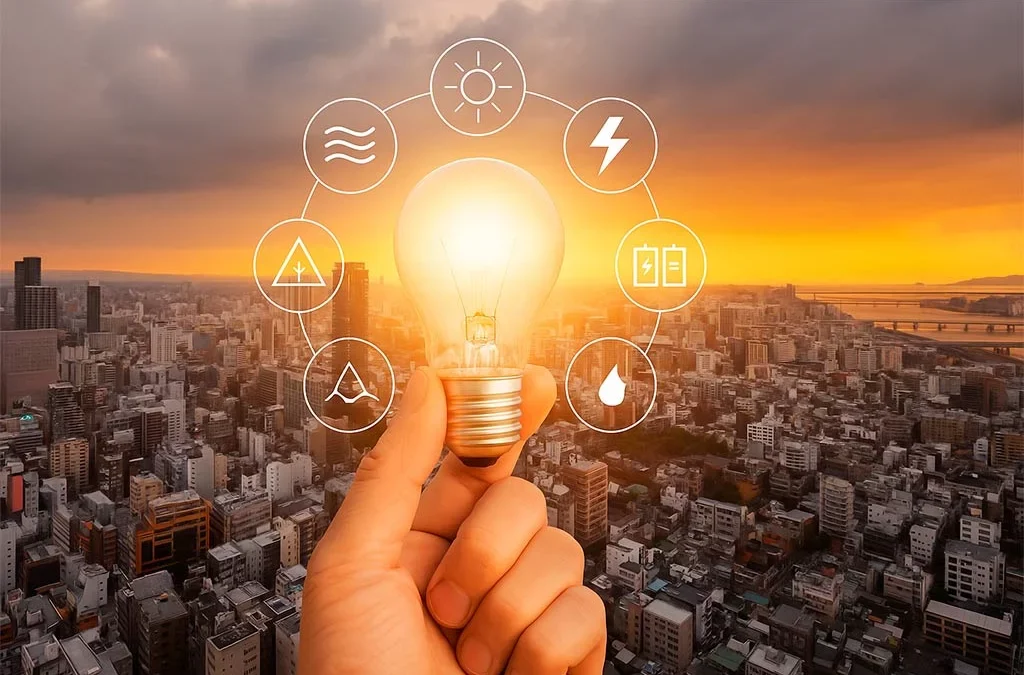Rebuilding trust in the energy transition: the key role of consumers
November 17, 2025
The good news is that Chile is moving toward a clean energy system faster than many expected. The bad news is that energy consumers are starting to get fed up just as the road ahead gets tougher.
There is growing concern about rising electricity costs, which directly affect all end users: household well-being and the competitiveness of industries. However, the main problem is not limited to just rising prices; it also reflects frustration with the lack of clarity regarding all the changes and the high expectations surrounding the introduction of renewable energy.
It is becoming increasingly difficult to address and explain these frustrations through public policy, as it is not easy to make people understand that the main reason is that our electricity market has become more complex and less predictable, and that managing this uncertainty has a cost that ultimately falls on all of us as consumers. The main challenge is that, without fostering a more connected and collaborative energy ecosystem—one in which the government, institutions, and industry make a consumer-centric commitment—consumers could begin to question both the effectiveness of the market and the legitimacy of institutions and companies. This loss of trust could, in turn, jeopardize the success of the energy transition, which represents a historic opportunity for the country.
For decades, Chile has faced significant challenges in establishing a reliable energy mix. The combination of various factors—such as the growing dependence on imported fossil fuels, the failure of large projects due to environmental and social reasons, and the instability of hydroelectric generation during periods of drought—created a complex situation for the country’s economy. The arrival of renewable energy marked a historic opportunity.
Thanks to a combination of factors—such as its exceptional natural resources and public policies that encouraged foreign investment—the country has managed to attract a significant volume of investment, making the electricity industry one of the most dynamic sectors of the national economy. This allowed for a broad diversification of the energy mix, based on local and clean resources, achieving a penetration of solar and wind energy close to 45% of installed capacity. Despite these advances, the sector faces significant institutional and infrastructural challenges that create supply-side bottlenecks and hinder the new investments needed to further decarbonize the electricity system and accelerate the electrification of other sectors of the economy. However, the main focus in this process has been primarily on strengthening the supply side of the energy transition. In contrast, the other side of the equation—the demand side—has been neglected, and consumers have had to bear the entire cost of an electricity system undergoing transformation.
Historically, electricity market models were generally developed based on universally applicable principles, and the main market characteristics were considered standard, stable, and predictable for many years. Under the assumption that technology was largely a fixed factor and that the growth in electricity demand was relatively predictable and manageable, new business models evolved only incrementally. This stability allowed policymakers and regulators to make limited adjustments with relative ease.
However, as we move toward a system with a high share of renewable energy, the stability and predictability of traditional market structures are giving way to uncertainty and complexity. System inputs and outputs have become increasingly difficult to define, making it challenging to predict how and where electricity will be produced, who will generate it, and for whom. Similarly, uncertainty extends to the use, storage, and control of the system.
The main product—”energy”—used to be considered a commodity: something consumers bought and used, typically paying based on the amount consumed (per kWh). However, under the new paradigm, energy is no longer sold solely as a product but is offered as a service. This means that the focus is not only on energy itself, but also on how it is managed, delivered, and optimized according to the specific needs of the system. This growing uncertainty and complexity of the energy market is increasingly reflected in the costs faced by consumers, demanding significant changes in the formulation of public policies, which depend heavily on citizen trust, the country is entering a more challenging phase of the energy transition, the success of which will depend largely on the leading role consumers play in this process.

